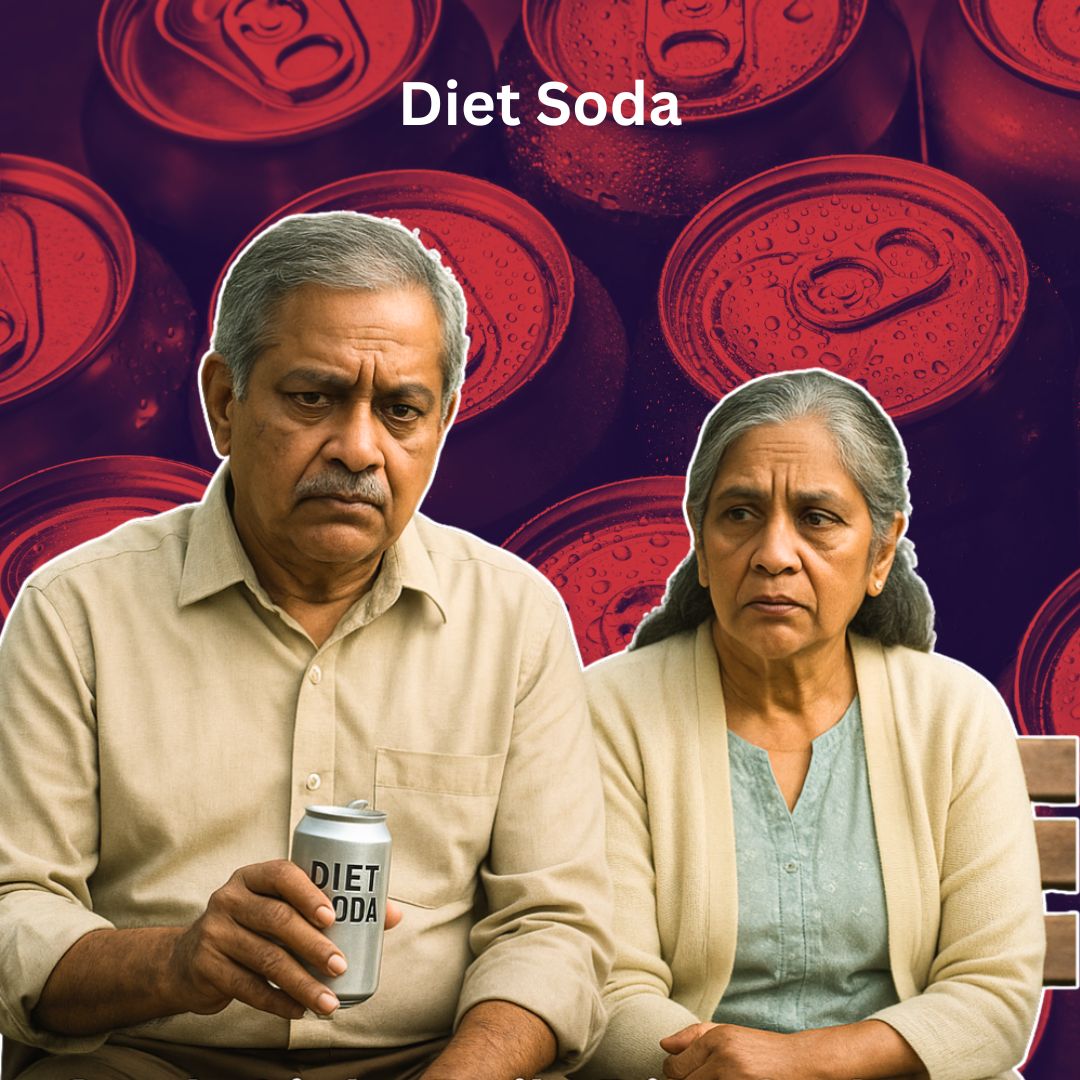A fresh study, published in August 2025 by the American Heart Association’s journal Stroke, has identified that adults consuming one or more diet sodas daily face nearly three times the risk of developing ischemic stroke and Alzheimer’s disease, compared to those abstaining.
Monitoring over 2,800 adults aged 45+ for a decade, the research offers new evidence linking artificially sweetened drinks with heightened neurological risk. While health officials and researchers stress that the study shows an association, not causation-these findings are prompting new health warnings and calls for moderation from experts.
Diet Soda: Daily Consumption and Its Impact on the Brain
The landmark research followed participants’ beverage habits and found that those who drank at least one diet soda a day had a 2.96 times higher risk of ischemic stroke and a 2.89 times higher risk of developing Alzheimer’s dementia than those consuming less than one a week.
Lead author Dr. Matthew Pase remarked, “It was somewhat surprising that diet soda consumption led to these outcomes.” Analysis also revealed that while sugar-sweetened drinks did not correlate with increased risk in this study, diet sodas showed a consistent link with adverse outcomes, including reduced brain volume as seen in MRI scans and memory testing. These associations persisted even after accounting for age, lifestyle, and other health factors.
Wider Health Implications: More Than Just the Brain
Apart from the neurological risks, soft drinks, sugary or diet, carry a host of other health consequences. Regular consumption can lead to obesity (by as much as 1.6 times higher risk per additional soda per day), a 20% increased chance of heart disease from one can daily, up to a 26% greater chance of type 2 diabetes, and even tooth and bone loss. Artificial sweeteners, thought by many to be a “safe” alternative, have come under scrutiny as emerging findings associate them with vascular injury and some kidney issues.
The narrative that “zero calories” equals zero risk is, experts warn, deeply misleading. “Artificially sweetened beverages may influence vascular health by mechanisms independent of their caloric content,” said public health experts, adding urgency to ongoing research and regulatory review.
Experts Advise: Moderation and a Holistic Approach to Health
Experts emphasise that while the observed associations are concerning, they do not mean diet sodas directly cause stroke or dementia. Dr James Pickett, Head of Research at Alzheimer’s Society, commented, “This research does not show that artificially-sweetened drinks cause dementia. But it does highlight a worrying association that requires further investigation.”
He recommends people focus on overall lifestyle: “Along with eating a healthy diet and watching what you drink, the best way to reduce your risk of dementia is to stay active and not smoke.” Nutritionists echo these calls, advising individuals to prefer water and natural beverages and be mindful of marketing claims around “healthy” soft drinks. With diet and lifestyle changes being key components of prevention, moderation remains the watchword for both consumers and policymakers.
The Logical Indian’s Perspective
This latest research delivers a clear message: the decisions we make about everyday drinks profoundly affect our long-term health sometimes in ways not immediately apparent. It is vital to approach these findings with empathy, nuance, and a sustained commitment to learning and dialogue.
While artificial sweeteners offer some short-term benefits, the long-term risks, especially for vulnerable groups, must be weighed thoughtfully.












